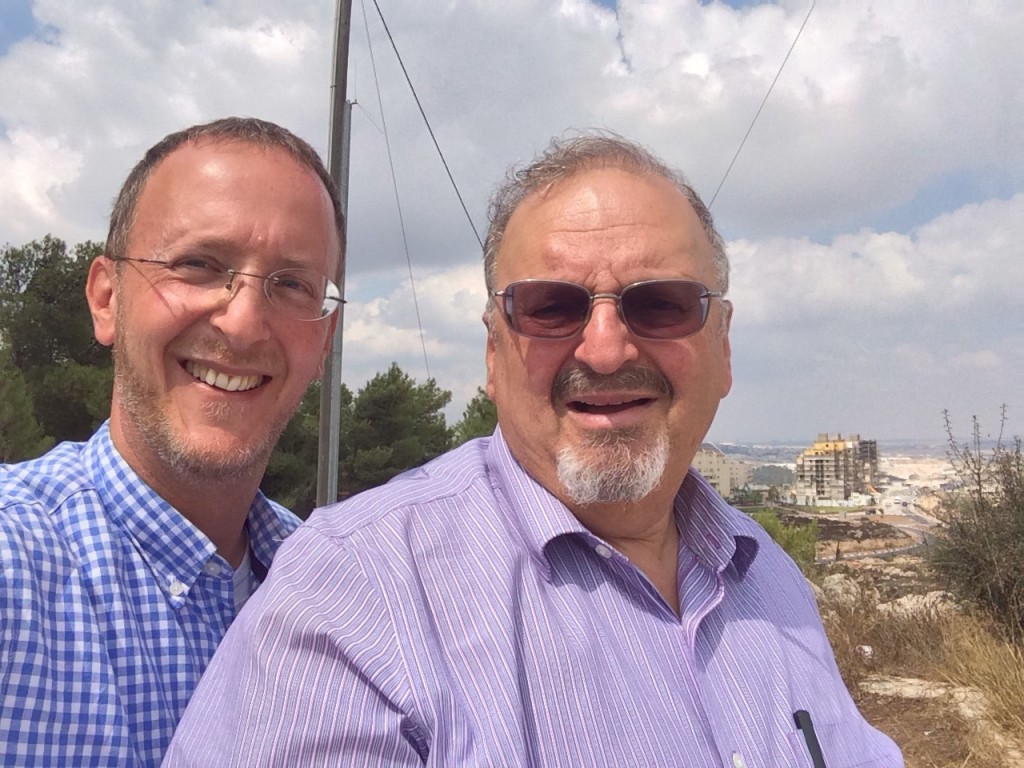Israel this week is warm and sunny, and everyone is back to shirtsleeves after the storms of Sukkot. Stories of the weather, usually common discussion in England, have suddenly become a theme of local conversation. One of my friends had the unusual experience of his sukkah becoming airborne, and landing upside down 20 m away!
With a deep sigh of relief from all sides, the children have gone back to school. The Israeli system is very strange to those of us who were educated in England. Primary school pupils call their teachers by their first names, school uniform (if it exists at all) consists of a T-shirt in a wide range of colours on which is imprinted the logo and name of the school, and the hours seem very short. Pre-school education is widespread, and from age five upwards is compulsory.
Primary school begins the following year with much ceremony. Last year I went to see my youngest grandson begin his first day. The whole school was in the playground to welcome the newcomers on their first day, and all the new pupils had been given a T-shirt saying “Shalom Kita Aleph – Welcome Class One”.
School is from 8:15 AM to 1 PM for six days a week, but the afternoons are filled with all sorts of additional activities which are probably familiar to parents in the UK – music, sports, ju-jitsu etc. I often find myself on grandparent duty in the afternoon, but the absence of one totally clear day a week apart from Shabbat makes it difficult to take children to museums. However almost the first thing that we did this week after I returned was a formal visit to the local ice cream shop, to re-bond with the younger generation!


